Jenn is a MSc Marine Ecosystem Management student at the University of St Andrews, having just completed a degree in Zoology (with modules in Mandarin). After living in the South African desert, she learnt how to dive and never looked back – becoming a PADI Divemaster within a year. Research interests include shark conservation and physiological adaptations to extreme environments (deserts, polar regions, cave systems, and astronauts in microgravity!) She is currently writing her thesis in lockdown, and getting distracted by cycling trips and baking cookies. In this blog she will be talking about what it is like to study at St Andrews!
It’s Scotland’s year of Coasts and Waters, and I’ve never been so far from the sea.
Well, that’s not entirely true! Coming from Newcastle, I’ve always lived physically near the coast (a 52km round-trip by bike to be exact, and yes I have made this journey in the midst of lockdown; so desperate to see the waves again), but the current global pandemic has made me feel that the next steps in my goal of becoming a marine biologist are notoriously uncertain and hard to reach right now (like the sea)!
With restrictions being lifted, competition for now-opening-again jobs and grants are going to be really high, and although I have a preliminary plan of my next few steps (involving amazing people in amazing places) impostor syndrome is sometimes all too real! However, I need to remind myself that: what I lack so far in dive numbers and the number of tropical places I have visited (am I the only marine biologist who hasn’t been photobombed by a whale shark?), the skills I have learnt this past year will definitely put me in good stead to reach my goals, or enable me to further my knowledge and experiences.
Studying marine biology at St Andrews has been a truly unique experience, not least the fact that most of my cohort are now scattered all over the world, studying online, instead of spending the summer writing our theses together by the beaches (*cries). I am currently part of the second ever cohort from the MSc Marine Ecosystems Management degree, and I have loved every part of it (before lockdown)!
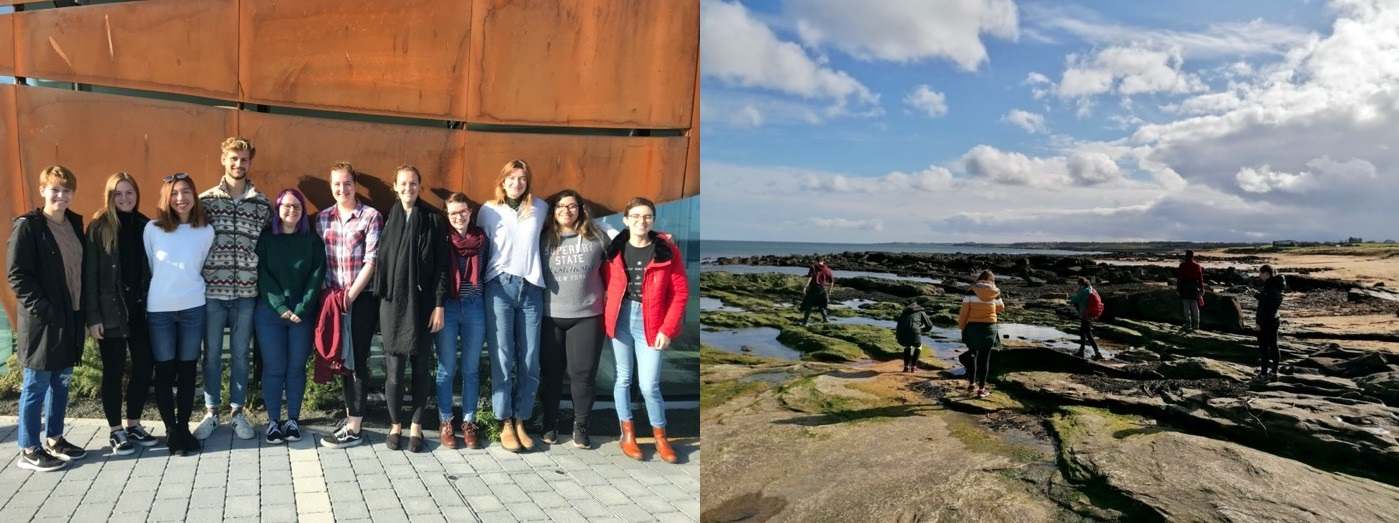
I first studied Zoology with Industrial experience at the University of Manchester, alongside modules in Mandarin Chinese (pandas are actually my favourite animal!), British Sign Language and computational modelling. During my undergraduate studies, I worked as field assistant at the Succulent Karoo Research Station, in South Africa – tagging populations of small mammals to measure socio-ecological responses to drought. However, after living in the desert for a year, I missed the ocean terribly! At the first opportunity, I headed to Asia and learnt how to dive. I was instantly hooked and never looked back – becoming a PADI Divemaster within a year! Although I never had the option of studying marine biology classes, I made sure my dissertation was ocean themed: examining the ecophysiology of Greenland shark hearts. My interests are definitely in shark physiology and adaptations to extreme environments, particularly when it concerns oceans, the Arctic, deserts or even microgravity (space physiology!).
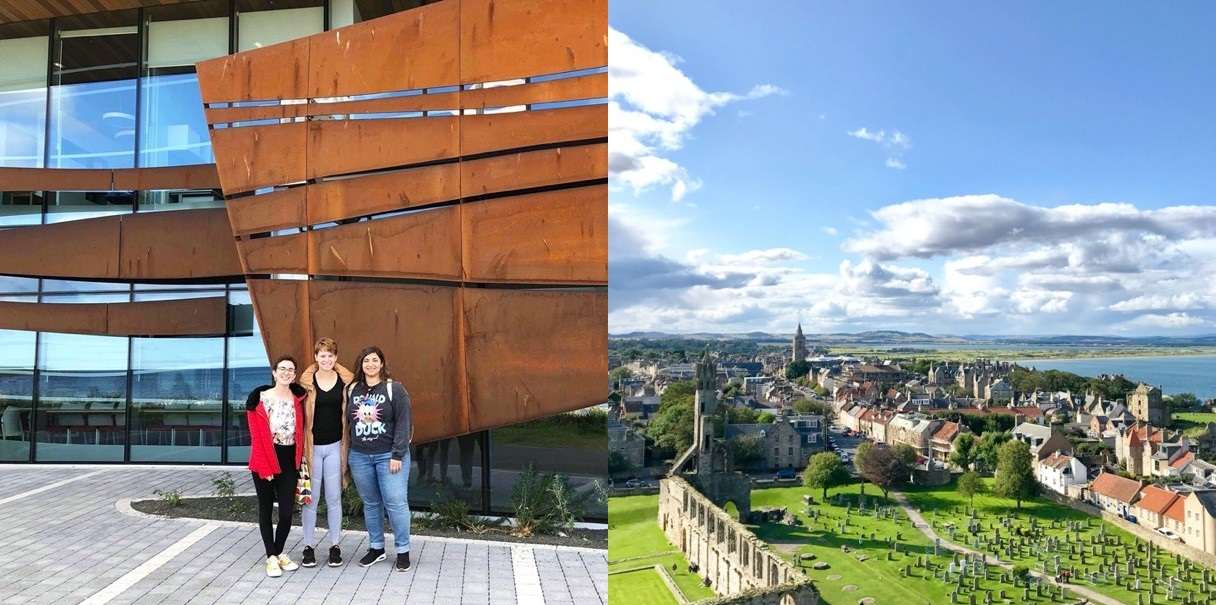
So why choose the degree I did? I had already received an offer from Kings College London to study MSc Space Physiology, and an interview at St Andrews for their known Marine Mammal Science course. However, the MSc Marine Ecosystems Management degree (i.e. being a MEM) would really push me out my comfort zone. Studying marine mammal behaviour and physiology sounded personally much easier to me than studying ecology, mathematical modelling, GIS and management / politics. The MEM course would make me learn new things, push me out of my comfort zone, and give me all the necessary skills that one needs as a scientist (data handing, communication, mapping programmes, and fieldwork!). And plus, shark are not marine mammals; everyone on my course was interested in different species.
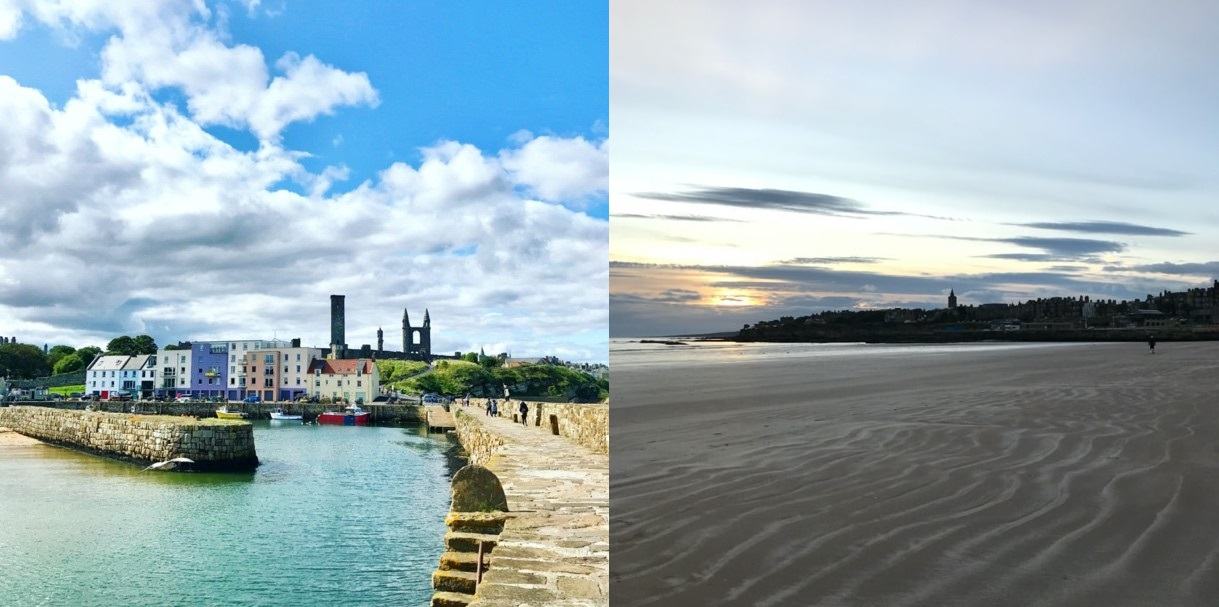
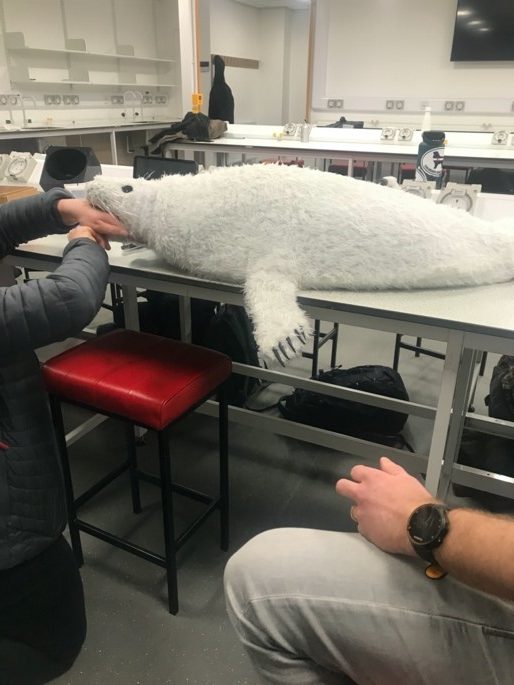
Sure, I learnt about maths and statistics during my undergrad, but at St Andrews, the modelling course in the ‘R’ programming language soon brought me up from a complete beginner, to someone that could confidently know how to create complex code – something I never thought I could do! I learnt about the ocean in such a holistic overview; I feel able to apply this knowledge to other aspects of marine biology I wish to pursue, whether it be in research, conservation or management. The course also gave me a real-world insight into how conservation and management is conducted. Protecting the oceans in terms of communicating the urgent problems to current political leaders, laws, and writing management plans for other people is way more complex that I first assumed! However, the practical components were always my favourite aspects, and included oceanographic sampling in the frigid North Sea, bird-ID skills, biotelemetry presentations, and of course the common ‘how to properly intubate a seal’ class.
I was most looking forward to the field course in polar ecology in Antarctica – a truly once-in-a-lifetime experience that would fulfil my love for extreme environments. Of course, dreams of spotting whales and trekking on the icy desert were crushed a mere few days before we set off (as well as my now-previous thesis topic) as covid-19 spread, forcing me swap the newly bought ski pants for shorts in the +16-degree Newcastle summer. And after only a few days (weeks) of devastation, it was time to woman up, restart my thesis, and reflect on my amazing time at St Andrews.
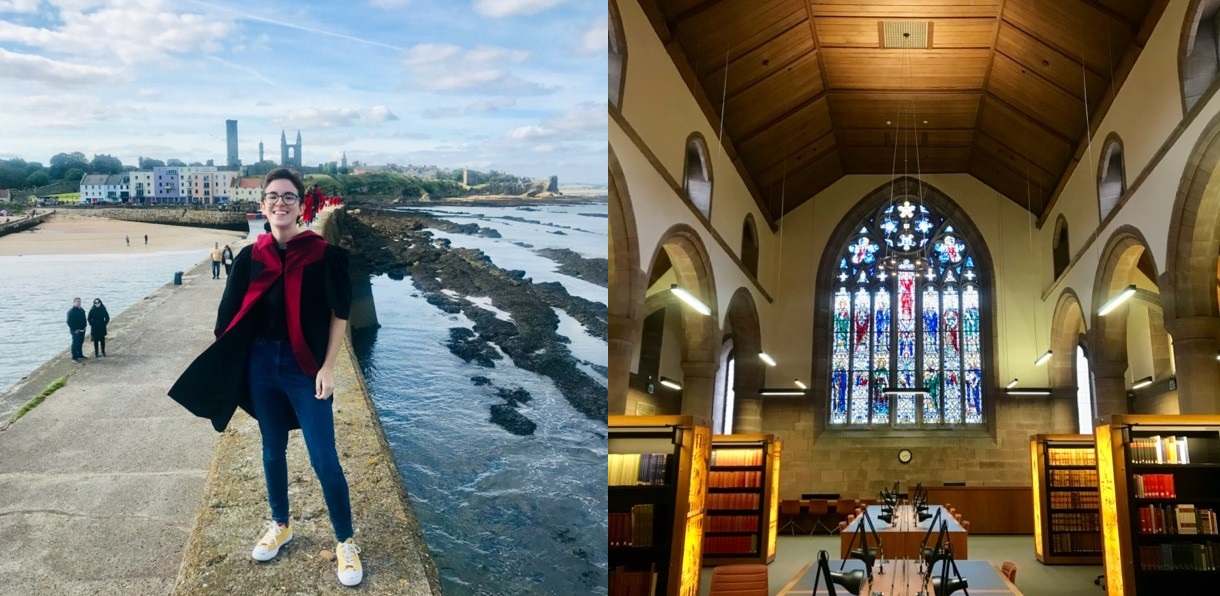
St Andrews is truly nestled into the coastline, making it such a special university at which to live, work and study. Waking up in an apartment overlooking the sea, going to lectures in glass-fronted rooms which were literally 1m from the sea, and going on the (very occasional) sunrise run along the ‘Chariot of Fire’ beaches; were the best memories. This environment, and the MSc MEM course itself, gave me the confidence to: volunteer as an editor/illustrator at the science communication NGO “The Marine Diaries”, network with one of my diving IDOLS (Cristina Zenato :D), and to develop a project regarding limpets in space at the European Space Agency. St Andrews truly is THE seaside university; I will certainly come back one day!
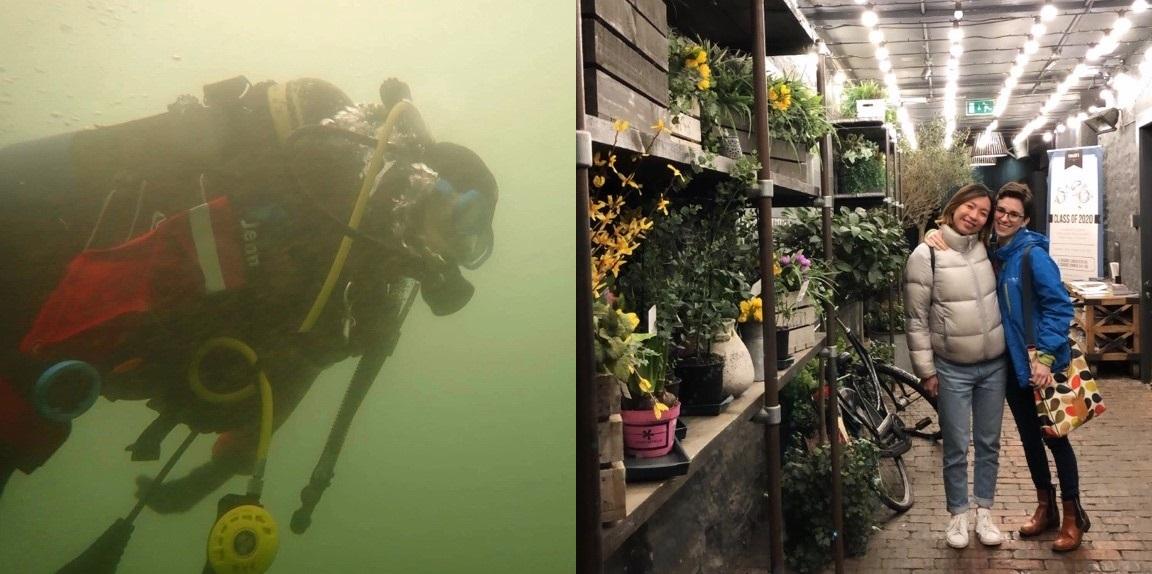
Written by Jenn Thomson
You can follow her here on Instagram (@jennelizabeththomson) and Twitter (@Jenn_Thomson_)